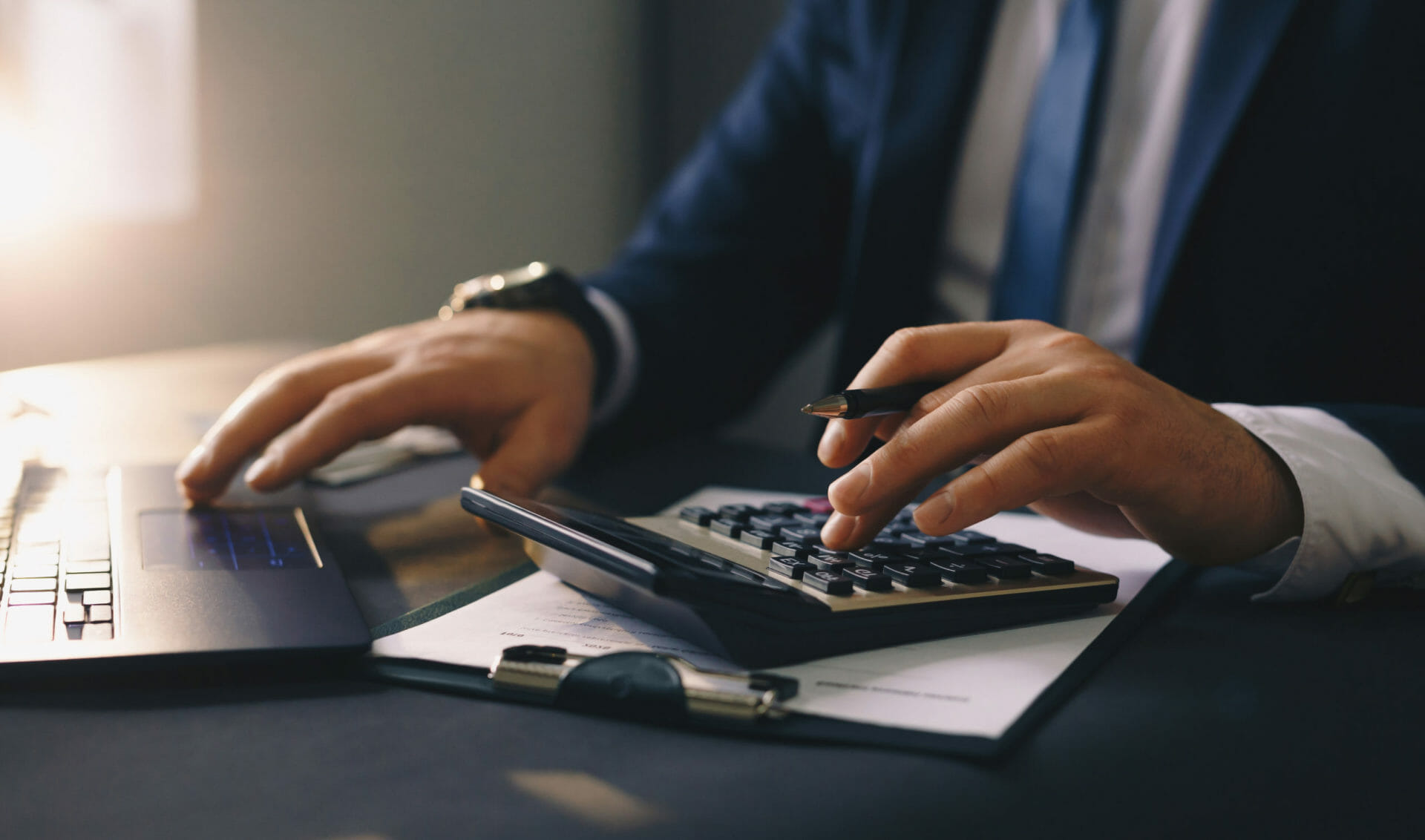A do-it-yourself approach may work well for repairs around the house, but for CPAs conducting a financial statement audit, engaging specialized forensic accounting services to help design an audit to detect fraud can help avoid a career-damaging DIY disaster. Especially where the auditor or their client suspects fraud has or may be occurring, forensic accounting experts should immediately be engaged.
Though some accountants cling to the outdated notion that fraud detection is not their responsibility during an audit, professional standards for auditors clearly state that they have a duty to plan and perform audits that reasonably assure financial statements are free of material misstatements, whether caused by error or fraud.
If fraud is discovered post-audit, and the auditor has failed to detect and address it, an accountant malpractice claim by the client is almost sure to follow. And as we have seen in a number of recent cases, judges, juries and regulators are routinely doling out significant judgments and penalties against accounting firms for auditing failures.
A forensic accounting specialist can support traditional accounting firms and their clients, neither of which may be equipped with the experience and technology necessary to investigate financial fraud. Trained to spot anomalies of financial misconduct, forensic accounting services assess an organization’s vulnerabilities and, if fraud is detected, deploy a range of investigative, accounting and audit technology skills to reveal relevant facts and isolate wrongdoing.
RETAINING INDEPENDENCE
Forensic accounting specialists also can assist the auditor in ensuring that the audit process remains independent. CPAs and their clients can become very close, especially where smaller accounting firms and businesses are involved. Sometimes clients attempt to pressure auditors to produce a biased report or to overlook questionable transactions. Unfortunately, being too client-friendly can backfire—and leave the auditor in deep legal trouble.
A third-party forensic specialist can assist auditors to adequately question data and assumptions made by the company by not simply relying upon the word of executives.
For some auditors, however, employing forensic accounting services can stoke concerns over a loss of control. The forensic specialist, they fear, may engage in a fraud jihad—chasing immaterial issues down an endless series of investigative dead-ends or communicating with their client in unattended ways. Dangers exist for the forensic team, too: An auditor who exerts too much pressure on forensic specialists can hinder their ability to produce an independent and valid analysis.
Grappling with these kinds of issues upfront is essential. An engagement agreement should clearly spell out the forensic specialist’s task and how results will be communicated to the auditing firm and client. In addition, the accounting firm or client would be well-advised to hire forensic accounting specialists with deep experience in fraud examination and that have a strong history of working with auditing teams.
MANAGING CLIENTS AND RISK
Involving professionals who are trained in the latest forensic accounting techniques and who have the technology and investigative skills to assess anomalies may help auditors in managing their client responsibilities.
In certain circumstances, for instance, clients may be hesitant to accept that fraud is occurring in their organization. Auditors can rely upon facts gathered by a forensic specialist to help make the case that misconduct is occurring and must be addressed. A forensic team’s involvement also may help reduce the risk to the client of a financial restatement—and its potentially negative impact on the company’s reputation and the return to shareholders.
Liability risk is reduced for the auditor as well. Fraud is more likely to be detected by a forensic specialist, and by using forensic accounting services during the audit process, the auditors may demonstrate—should a problem occur—they were making a reasonable effort to assure that an audit was as complete and accurate as possible.
To learn more about ways we help organizations detect and investigate fraud via forensic accounting services, contact us for consultation.

